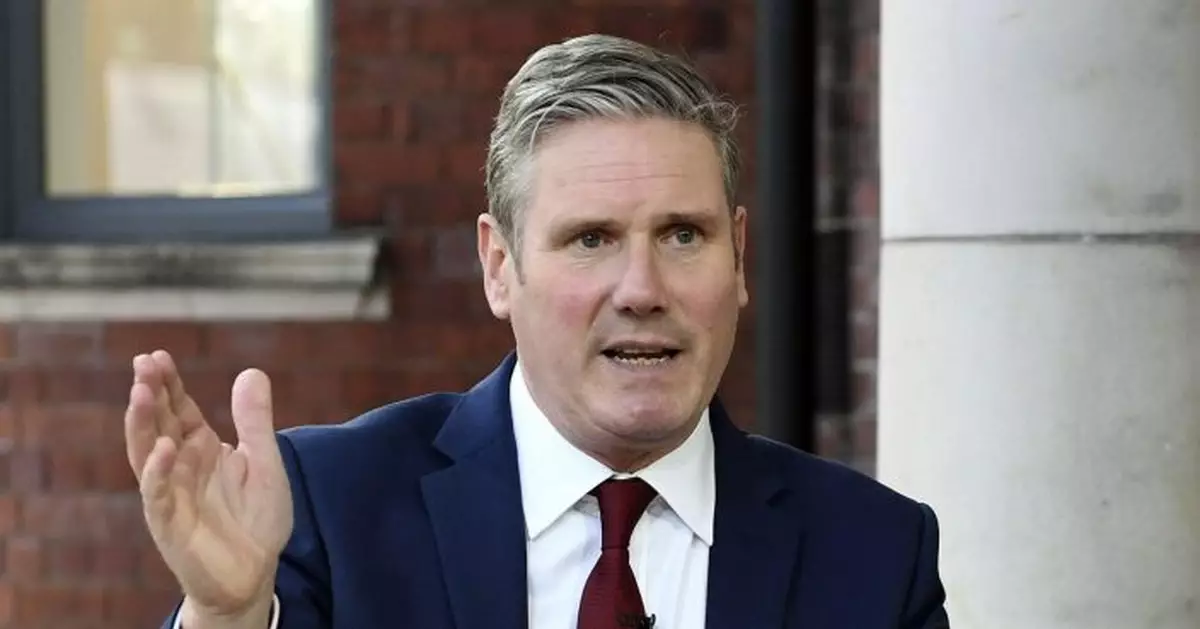The leader of Britain’s main opposition Labour Party shook up his top team after disappointing election results, moving his economy spokeswoman and chief whip in an attempt to exert control over a fractious membership.
But the moves by Labour leader Keir Starmer spurred new recriminations in a party that has not been able to make a breakthrough against Prime Minister Boris Johnson’s governing Conservatives.
Starmer late Sunday fired deputy party leader Angela Rayner from the post of party chairwoman — responsible for election strategy — and named Rachel Reeves his new Treasury spokeswoman, replacing Anneliese Dodds. Long-serving chief whip Nick Brown was replaced by Alan Campbell.
“The Labour Party must be the party that embraces the demand for change across our country,” Starmer said. “That will require bold ideas and a relentless focus on the priorities of the British people. Just as the pandemic has changed what is possible and what is necessary, so Labour must change too.”
The relatively modest changes drew criticism both from those who wanted a bolder shuffle and from those angry at the sidelining of Rayner, who is popular with the social democratic party’s left wing.
In elections last week, Labour was defeated by the Conservatives in Hartlepool, a northeast England parliamentary seat that it had held for decades, and lost hundreds of posts on local authorities across England. The results demonstrated the Conservatives’ success at winning over voters in former industrial towns who feel neglected by successive governments over several decades. Johnson’s promise of jobs and investment has helped the Tories win a clutch of seats long held by Labour.
Labour did better than expected in Wales, extending its 22 years at the helm of the semi-autonomous Welsh government. Labour’s vote also held up in big cities, with its candidates winning mayoral races in London, Manchester, Liverpool, the West of England and West Yorkshire. And the party, founded a century ago to represent the industrial working class, made gains at the local level in affluent southern areas and university towns.
Starmer was elected leader a year ago, replacing Jeremy Corbyn, who led Labour to election defeats in 2017 and 2019. Starmer, a more centrist figure than the left-wing Corbyn, has struggled to unite a party divided over how economically radical it should be. Last week’s disappointing election results have fanned the flames of party discontent.
“What we want is a strategy for winning from this leadership, because it’s clear from what happened over the weekend, particularly what happened in Hartlepool, there’s a problem with the strategy,” Diane Abbott, a Corbyn ally, told the BBC on Monday.


